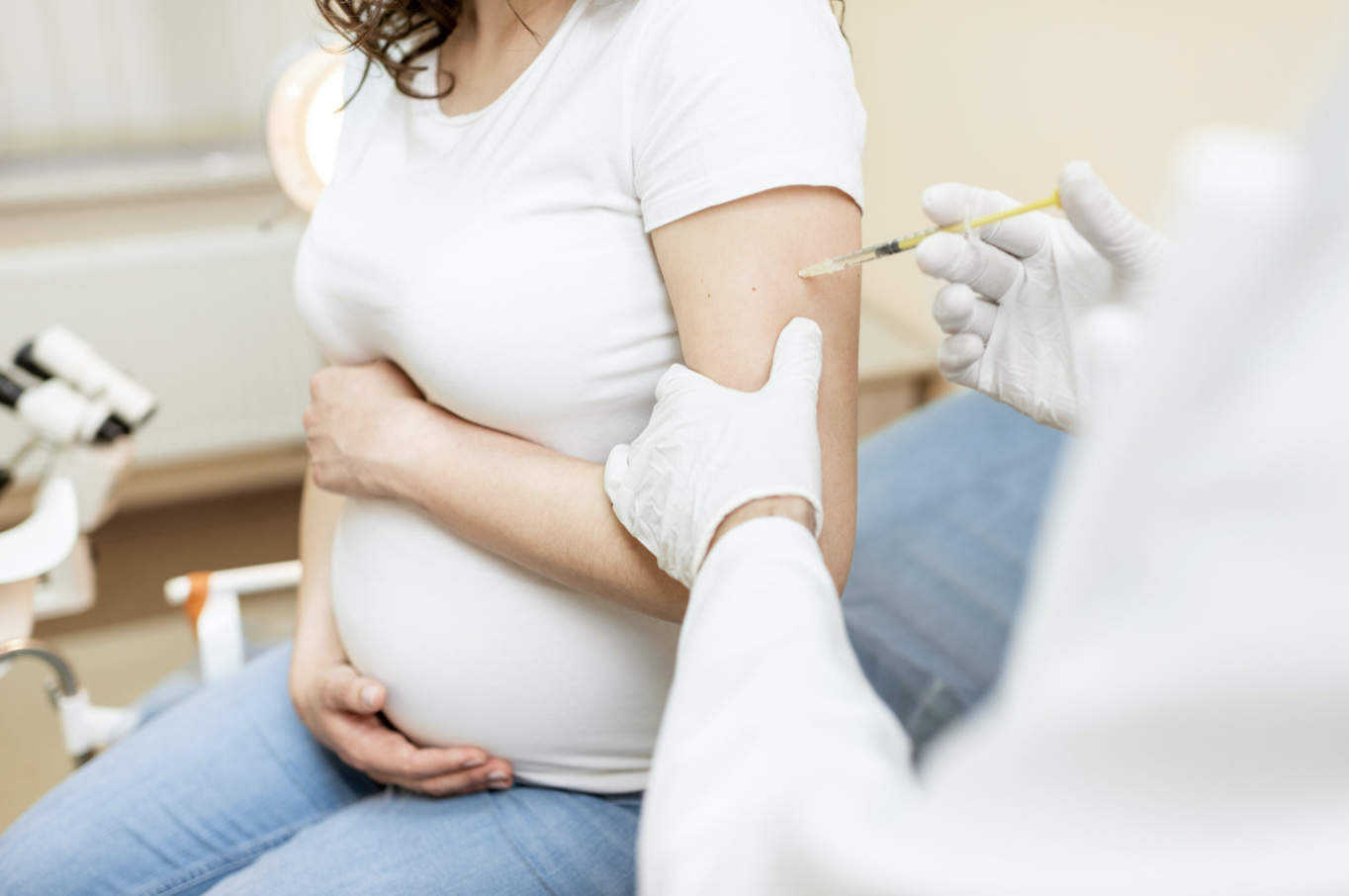 As the COVID-19 vaccine continues to roll out, pregnant people must look at their own medical histories and risk factors to determine if they feel ready to get the shot.
As the COVID-19 vaccine continues to roll out, pregnant people must look at their own medical histories and risk factors to determine if they feel ready to get the shot.
The vaccines weren’t studied in people who were pregnant during clinical trials, leaving little safety data to work with.
If you are pregnant, you will need to decide whether getting the shot is the right call for you.
Though the overall risk of severe COVID-19 is low, pregnant people who contract the coronavirus face a higher chance of being admitted to the intensive care unit (ICU), receiving mechanical ventilation, or dying.
Of the 4.2 million Americans who already received the first dose of the COVID-19 vaccine, there have been many pregnant healthcare workers who felt their personal risks of contracting COVID-19 outweighed any potential risks of the shot, which is widely thought to be safe in pregnant people.
Understanding the Risks
Messenger RNA (mRNA) vaccines are thought to be safe for pregnant people as they are quickly broken down and degraded in the body.
They are not live vaccines, don’t enter the nucleus of our cells, and do not alter our DNA. The vaccine is also unlikely to reach and cross the placent.
Some people report mild side effects after receiving the vaccine, such as fatigue and a mild fever.
These side effects simply indicate the immune system is working, and are not a sign of something more serious. Pregnant people who experience a mild fever after the shot may consider taking acetaminophen.
You may have a sore arm or feel a little ‘flu-like’ — or even run a temperature. This is totally OK and you can take acetaminophen and rest until these side effects wear off in a couple of days.
Women are going to have to think about what is the level of community transmission where they live, what is their personal risk of exposure in contracting the disease themselves.
It’s also crucial to consider other underlying health conditions — like obesity, diabetes, or lung disease — that may increase their risk of severe COVID-19.
In summary, with limited safety data available on how pregnant people react to the COVID-19 vaccine, anyone who is pregnant will need to weigh the risks and benefits and decide whether they feel comfortable getting the shot. The COVID-19 vaccines, which use messenger RNA (mRNA), are thought to be safe in pregnant and lactating people. Those who are pregnant and considering getting the vaccine should talk to their doctor about what’s best for them.

